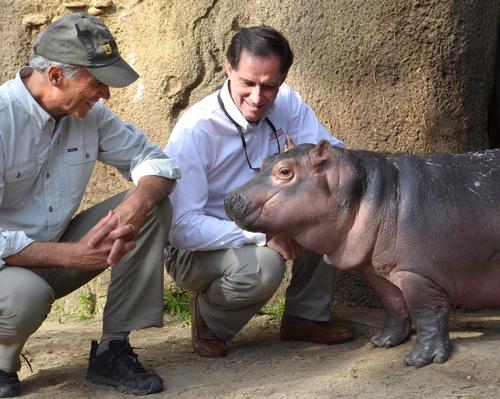01 Jul 2019
AZA chief promotes understanding of differences to meet common interests
BY Andy Knaggs

Dan Ashe doesn't see the holding of different viewpoints as an obstacle to co-operation; in fact, he considers it an excellent way to reduce adversarial tendencies.
This is just as well, because, as president and CEO of the Association of Zoos and Aquariums (AZA), Ashe is often confronted with opposition to the work of the organisation's members.
Speaking in Issue 2 2019 of Attractions Management, he said that he practices the "politics of addition", believing that we become stronger as we add others to our community or coalition, and weaker when we exclude participants.
While the words echo those of former US Secretary of Defence Donald Rumsfeld, who said that "politics is human beings; it's an addition rather than subtraction", in Ashe's sphere, this means listening to and being willing to work alongside those who believe the keeping of animals in captivity to be unethical.
"When we develop a more positive relationship with diverse audiences ‒ even if they disagree with us on some things ‒ we increase their awareness and understanding of what we do and reduce the potential for them to treat us as adversaries," he said.
Ashe gives a specific example of this in practice: "Recently, we saw the benefits of this approach, when PETA (People for the Ethical Treatment of Animals) supported the Cincinnati Zoo to rescue a gorilla being held in a solitary sanctuary.
"In that instance, with PETA's backing, the zoo has filed a lawsuit in the federal district court in San Francisco seeking to compel the Gorilla Foundation in California to release the gorilla ‒ Ndume ‒ a gorilla isolated from its own species following the death of his companion Koko. If transferred back to the zoo, he could live in a multigenerational group."
While the outcome of this case was still to be determined at the time, Ashe said it showed a rare collaboration between an anti-zoo group and a zoo, with shared interests for the greater good.
"It's in our best interest to work with other organisations on issues in which we both agree, using opportunity and allies to advocate for our work," he concluded.
To read the full interview, see Issue 2 2019 of Attractions Management here
Close Window